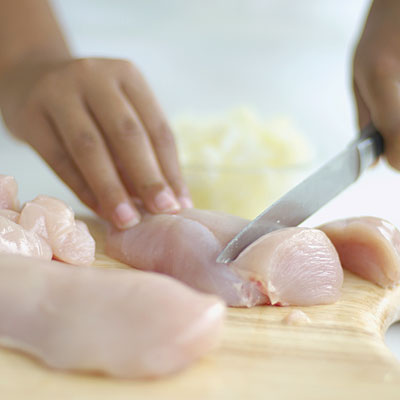
You can get it from food
Viral gasteroenteritis isn't exactly the same thing as food poisoning, which refers to any illness caused by food contaminants, including dangerous toxin-producing bacteria like salmonella. But norovirus is the number-one cause of foodborne illness in the U.S.Viral gastroenteritis can be spread from person to person or by touching a contaminated surface, but you can also get viral gastroenteritis from sewage-contaminated food or water, or meals prepared or handled by an infected person. (Hence all those "wash your hands" signs in restaurant bathrooms.)
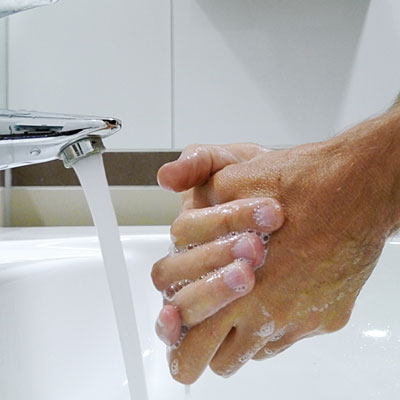
These germs are tough
Compared to other viruses, noroviruses can be surprisingly hardy and live for days on household surfaces, which is why they spread easily. (That, and very few virus particles are needed to cause an infection.)Wash your hands with soap and water, which is more effective than hand sanitizers. Avoid food prep if you're sick (you can still be infectious for 3 days or more after symptoms wane), and wash laundry carefully, using gloves to handle soiled clothing and bedding if you can.
Use a bleach-based cleaner to kill virus particles on hard surfaces.
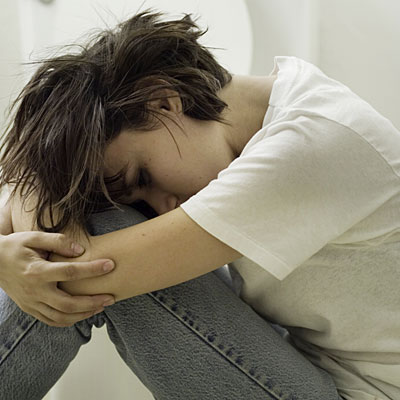
Symptoms come on slowly
Diarrhea, vomiting, and stomach pain don't hit you immediately after you're infected with a gastrointestinal virus, but typically develop gradually, over one or two days, Dr. Madanick explains.But other types of food poisoning can strike fast and hard—within a few hours after you're exposed to the offending substance—and symptoms tend to be more dramatic, such as explosive vomiting and diarrhea.
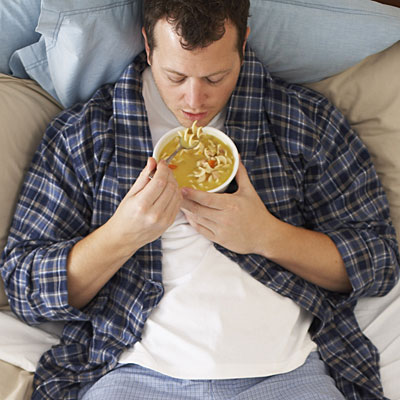
It gets better on its own
Both stomach flu and other types of food poisoning are what doctors call "self-limiting," meaning they play themselves out and rarely require medical treatment.While norovirus is the leading cause of foodborne illness, germ-for-germ, salmonella and other bugs are more likely to result in hospitalization or death.
If you've got viral gastroenteritis, you should start to feel better after two or three days. While food poisoning due to other causes hits you harder and faster, it goes away faster too; you may be back to normal in a day or two.
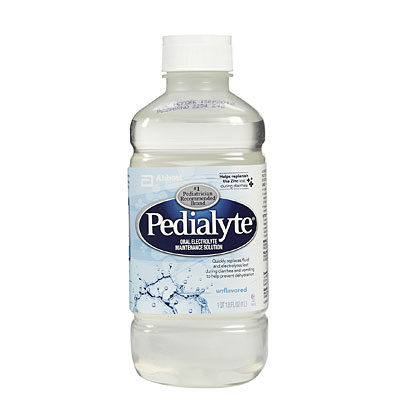
Dehydration is the biggest risk
It stands to reason that if you're losing lots of fluid through watery diarrhea and vomiting, you need to replace that fluid. But you're also losing sodium, potassium, and other minerals, known as electrolytes, and they also need to be replaced.You should drink Pedialyte, or similar oral electrolyte solutions that contain salts and sugar as well as water, if you have severe diarrhea. Sports drinks aren't a great choice, because the mix of salts and sugars they contain isn't exactly right in terms of replacing fluid lost to diarrhea and vomiting.
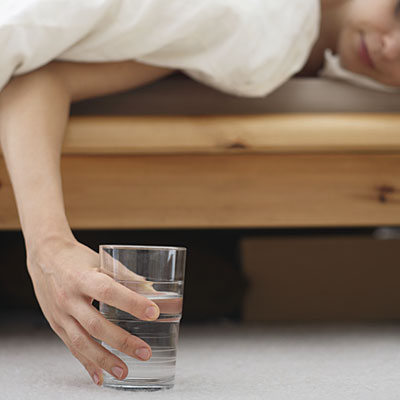
Water isn't the best choice
Try to avoid drinking too much plain water, or beverages like soda or juice that contain sugar, but not enough of the right electrolytes, says Dr. Rogg. "The biggest mistake that people make is just trying to drink a lot of water," he adds. "They understand that they have to prevent themselves from getting dehydrated, but what they're actually doing is wrong."Putting water into your body without adding electrolytes will dilute the electrolytes that still remain in your body, Dr. Rogg explains, while taking in sugar without salt can make your diarrhea worse.
http://www.health.com
 8:23 AM
8:23 AM
 About the World
About the World


0 comments:
Post a Comment